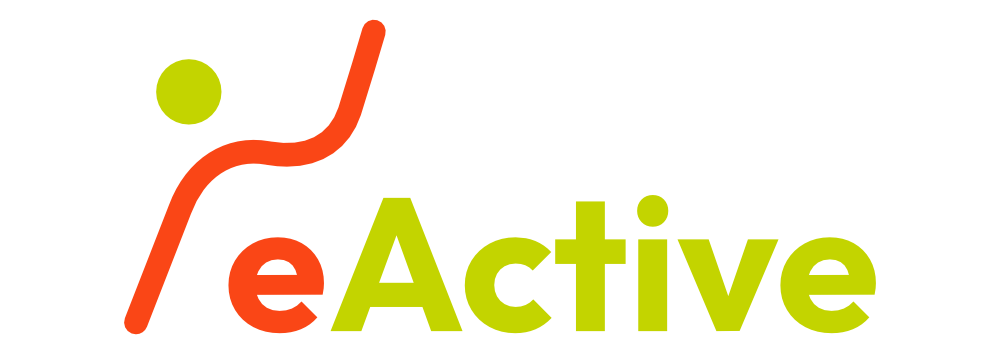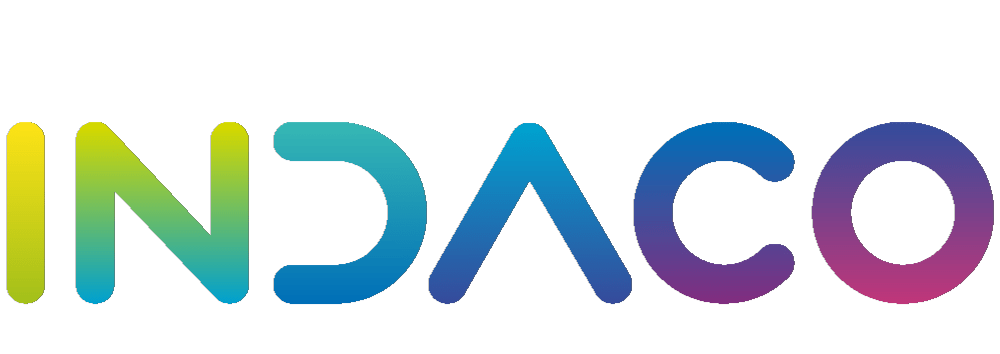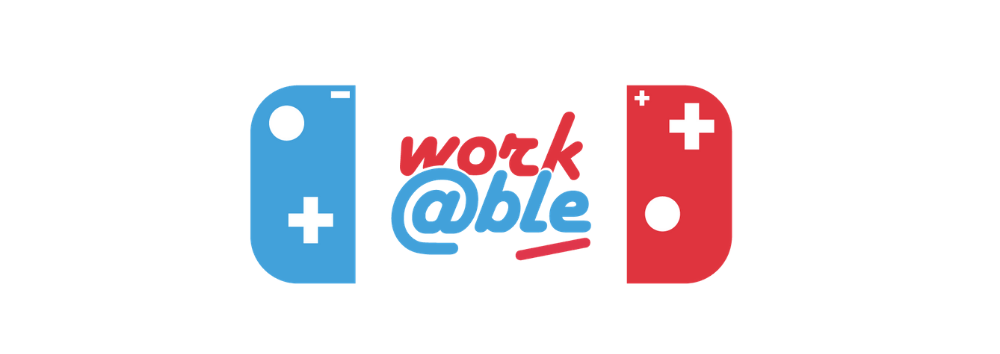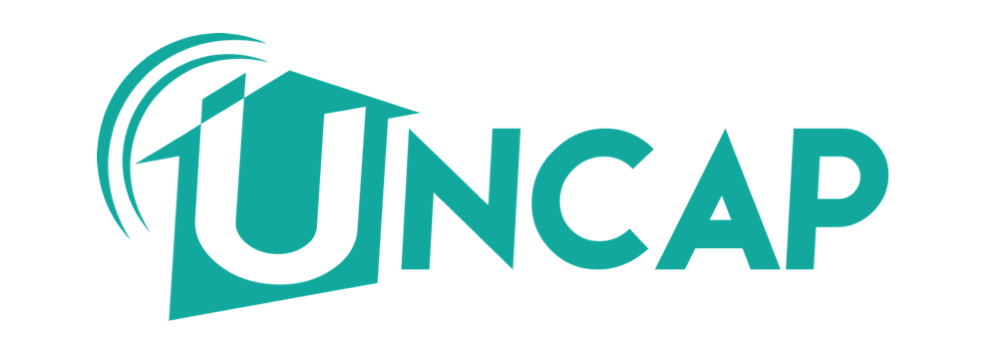Our projects
Our expertise in project design, particularly in European project design, has been developed and enhanced through our first hand participation in various European and national projects.
ERICA
Environmental monitoRIng through Civic engAgement
PROGRAMME: Erasmus+
SECTOR: Adult education
INFORMATION

ERICA’s main objective is to improve citizens’ environmental awareness and civic engagement through the development of a new educational methodology on citizen science for environmental monitoring. Citizens will gain the capacity to initiate and manage citizen science initiatives, collect and assess environmental information, and convert such data into “actionable knowledge” that is perceived as useful and immediately applicable by citizens, local authorities, academic institutions, and NGOs.
The project aims:
- to outline the research findings in an e-booklet of best practices.
- to implement the ERICA training methodology for citizen science in environmental monitoring.
- to develop the ERICA e-learning platform, a tool for creating mutual learning across different countries.
- to evaluate both the effectiveness of the methodology and its potential to establish a community of practice during the pilot evaluation.
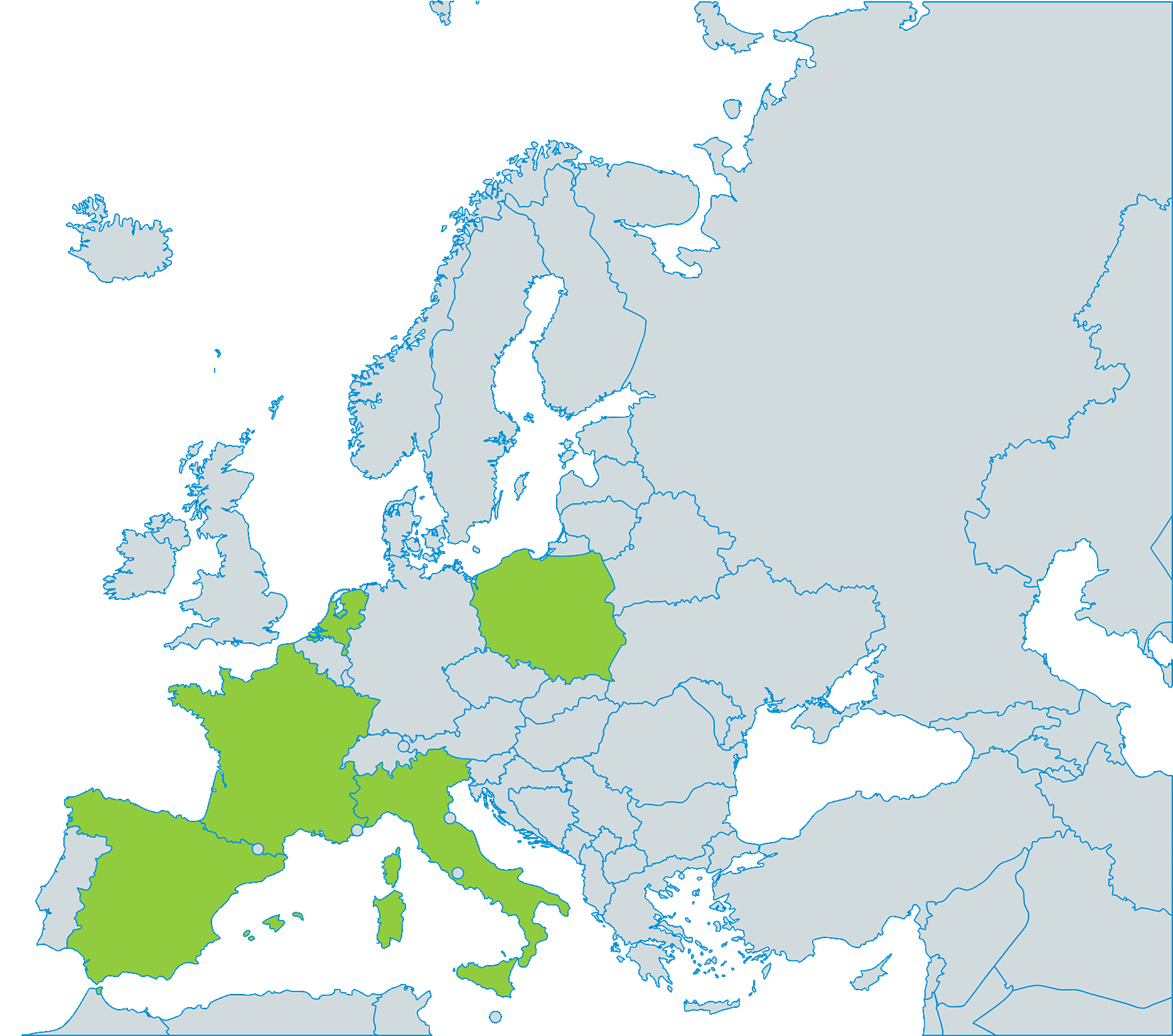
Mind Inclusion 3.0
PROGRAMME: Erasmus+
SECTOR: Adult education
INFORMATION
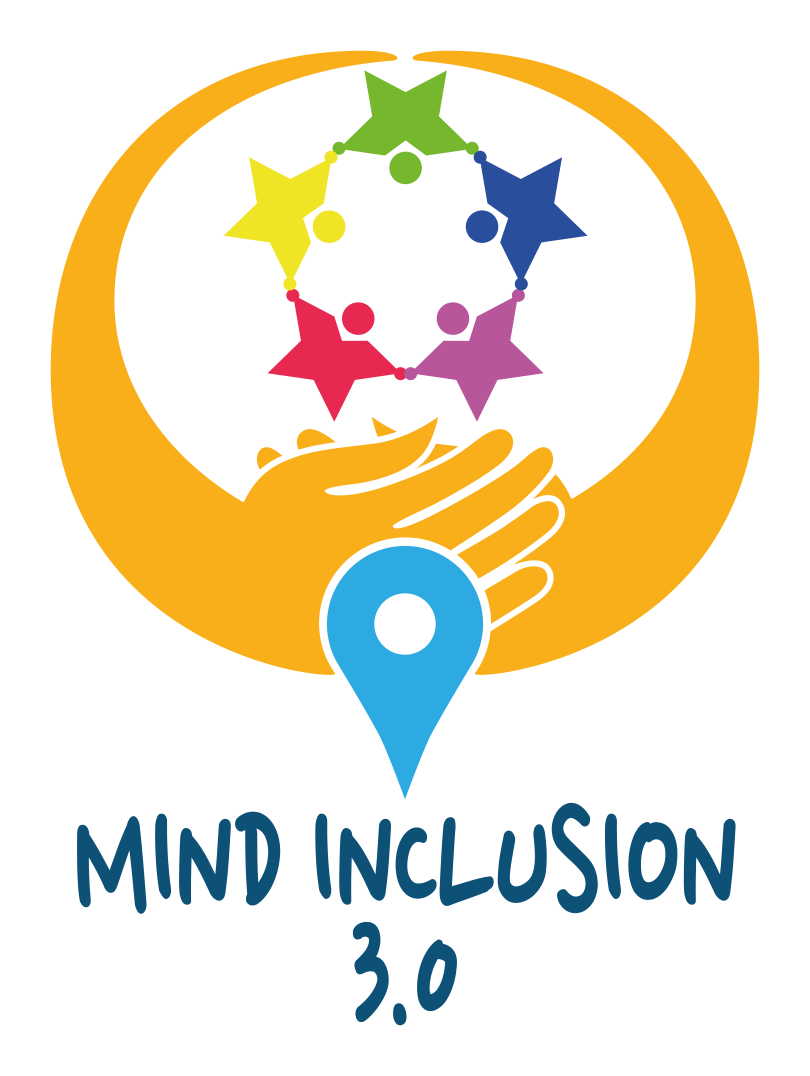
People with intellectual disabilities (ID) are at a greater risk of social exclusion, especially due to limited employment opportunities and reduced travel autonomy. The COVID-19 pandemic has further increased their isolation to prevent infections. Additionally, individuals with ID face challenges in utilizing digital technologies and the Internet. Mind Inclusion 3.0 aims to expand on the scope of the Erasmus+ project Mind Inclusion 2.0, in order to enhance the skills and abilities of people with intellectual disabilities through ICT tools, promoting their social engagement and improving their quality of life as a result.
The objectives of the project are:
- Co-create and develop an online learning center (OLC) and establish 3 local learning centers on the methodology of mental and social inclusion for people with disabilities.
- Create and promote the use of new digital tools to facilitate inclusion and independent living for people with disabilities.
- Share innovative methodologies and practices to create new opportunities for flexible learning.
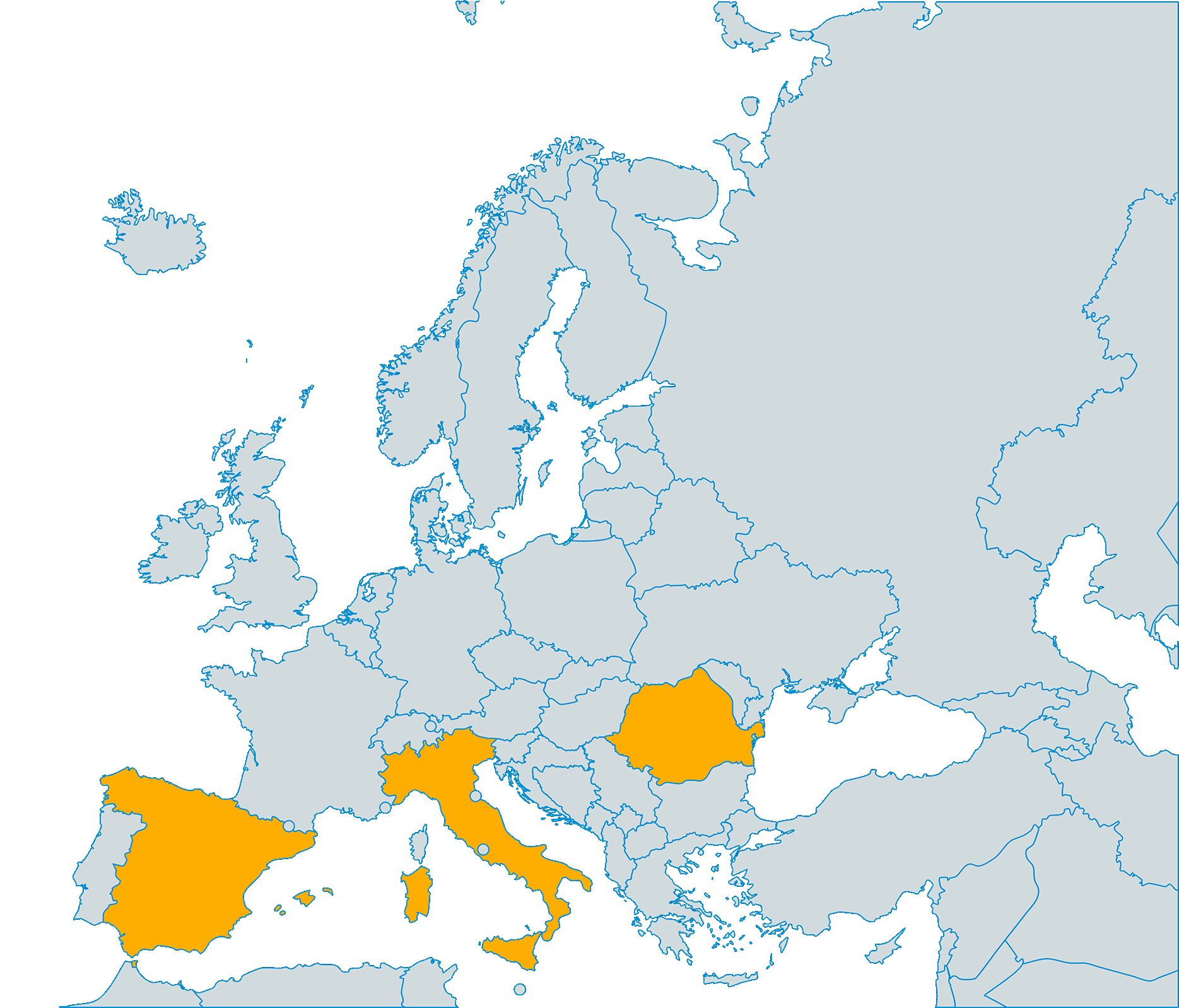
MENTOR+
Multidimensional and transvErsal well-being program for Tele-wORking
PROGRAMME: Erasmus+
SECTOR: Adult education
INFORMATION

Following the COVID-19 pandemic, remote work has become an increasingly utilized mode of work by companies, with the risk of neglecting health and safety requirements to ensure the psychophysical well-being of employees. The main objective of MENTOR+ is to improve employees’ awareness and knowledge regarding well-being in remote work, focusing on the impact that social isolation has on individuals’ psychological, physical, and nutritional health.
The project aims to:
- Promote cooperation and exchange of experiences among organizations in the field of occupational health.
- Develop a comprehensive well-being program (MENTOR+ app).
- Promote good practices for employees to maintain a healthy lifestyle during remote work.
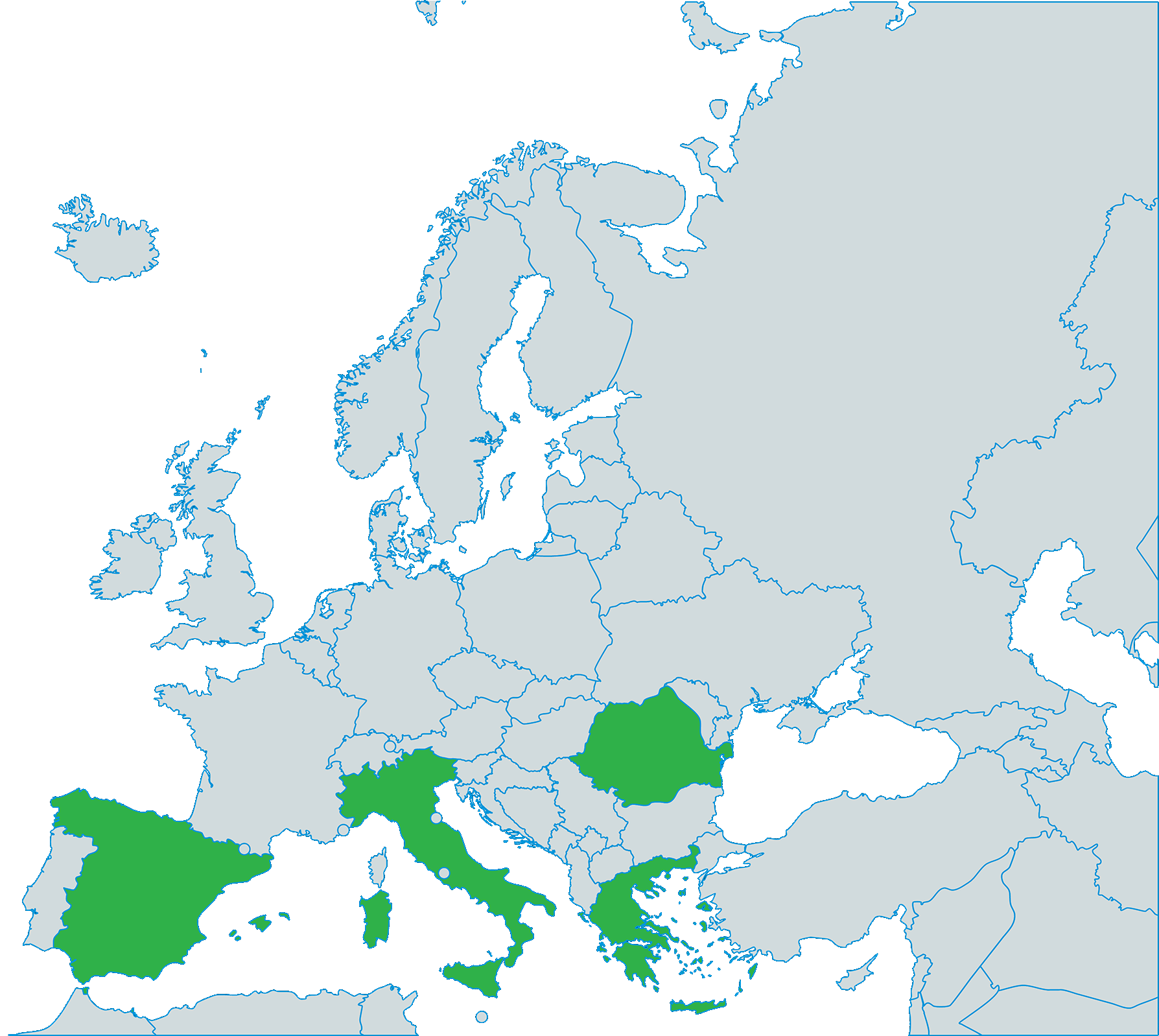
GLIDE-19
Global lessons of the COVID-19 pandemic: learning lessons from prevention to long-term care
PROGRAMME: Erasmus+
SECTOR: Vocational Education and Training
INFORMATION
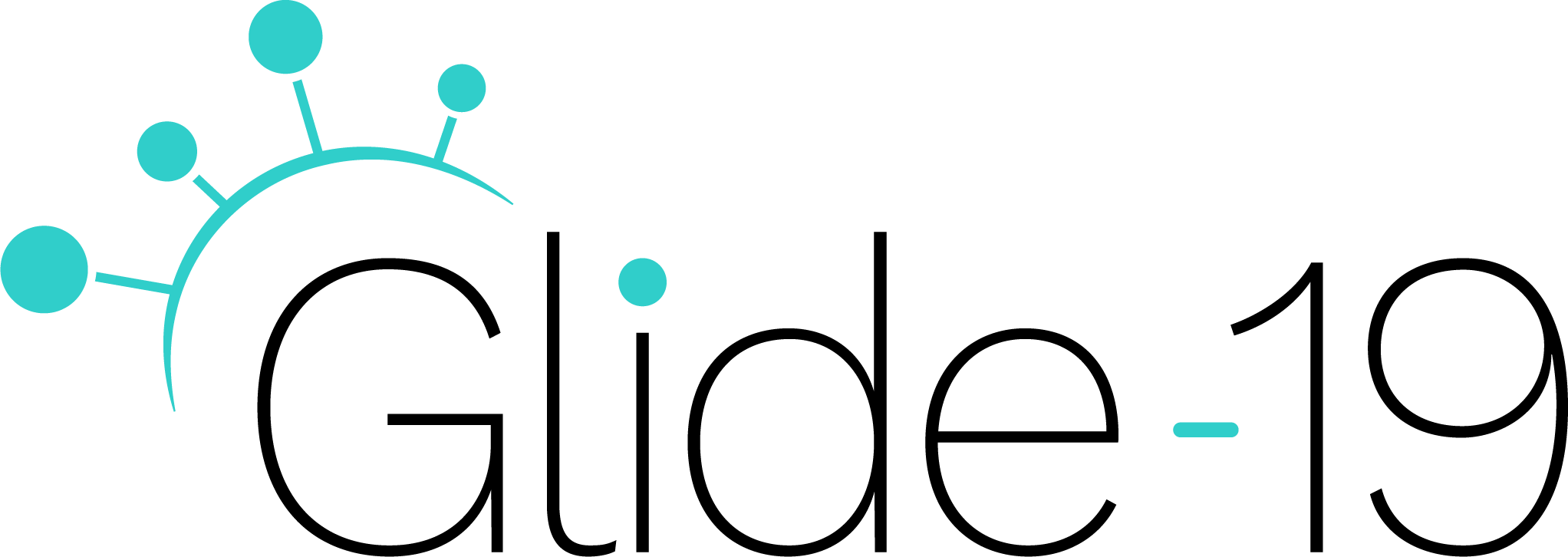
During the COVID-19 pandemic, healthcare workers have faced an unprecedented crisis, treating patients with insufficient information and without knowing the long-term effects of the disease.
The GLIDE-19 project aims to support healthcare workers in achieving greater capacity and competence to effectively manage current and future pandemics. This will be achieved through innovative learning methodologies for pandemic management and the use of an ICT e-learning platform to create mutual learning at the European level.
The main objectives are:
- Improve the preparedness of healthcare workers by enhancing their operational and digital skills.
- Expand their knowledge of the side effects of the COVID-19 pandemic on well-being.
- Strengthen and integrate available information on the disease at the European level to improve the management of future pandemics through good practices and skills.
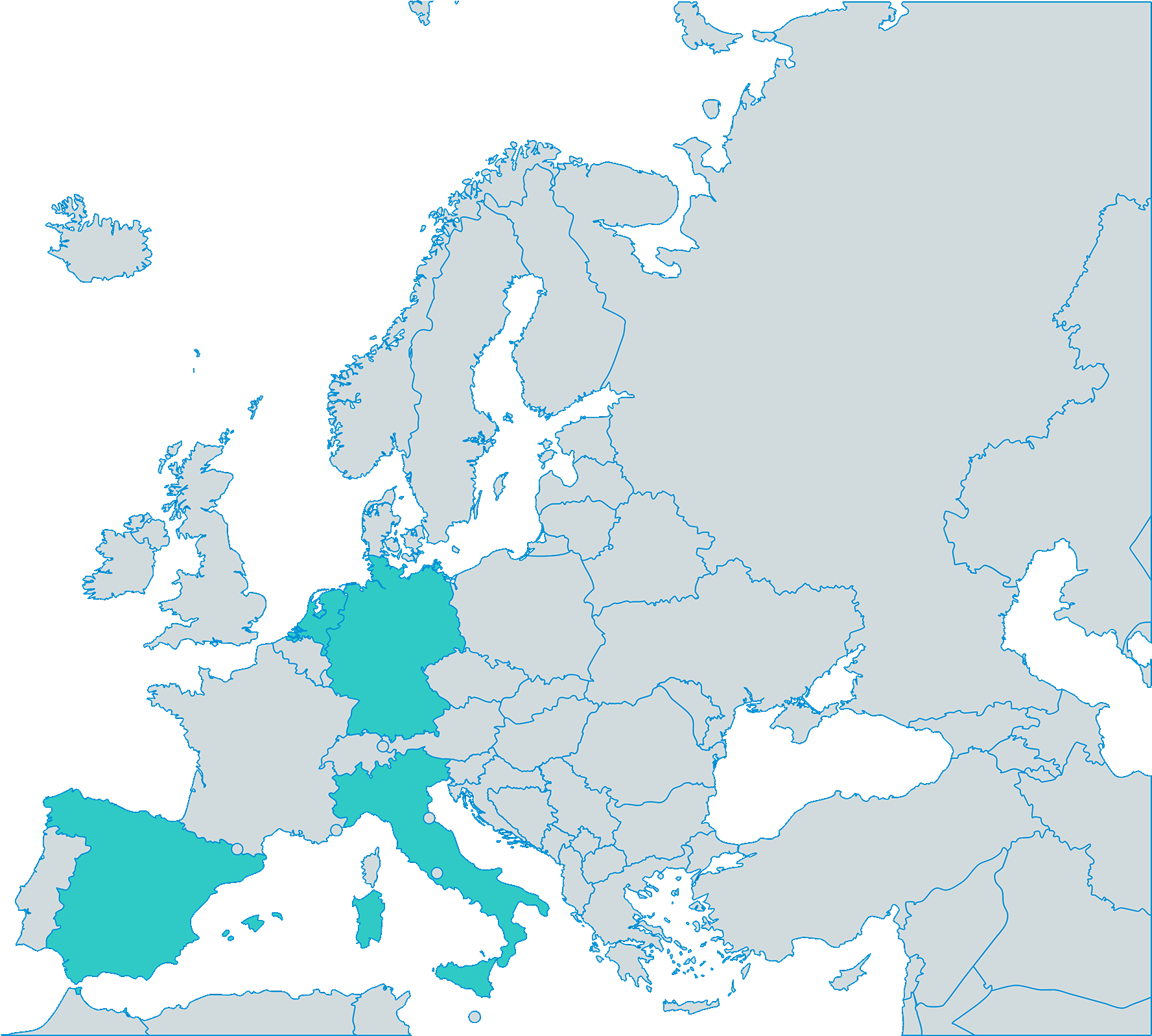
e-Active
Fostering competences to promote active ageing through a social participation e-tool
PROGRAMME: Erasmus+
SECTOR: Adult education
INFORMATION
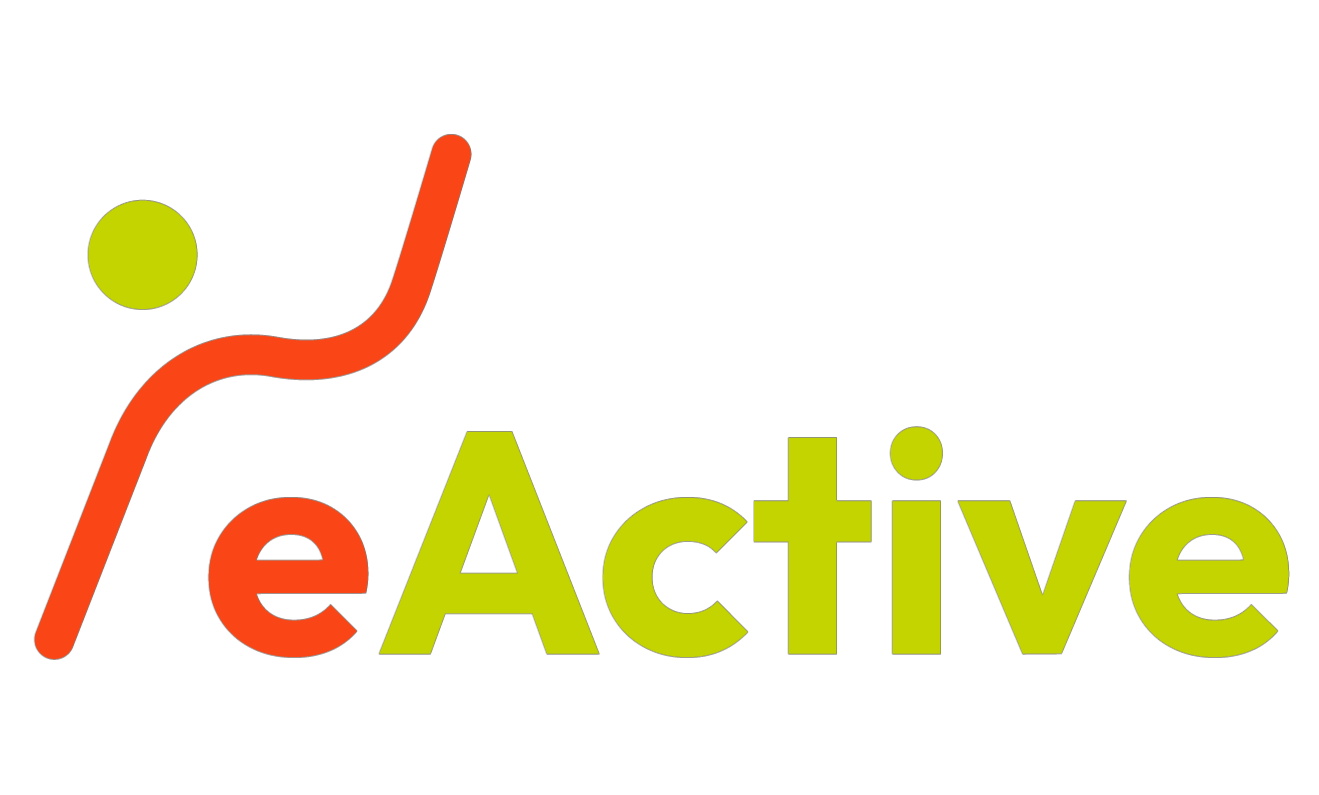
The social isolation that has particularly affected the elderly population during the pandemic has had significant implications for their psychophysical health.
The main purpose of this project is to create a training course on active aging for professionals working with elderly people. The participants in the training will then promote the good practices learned during the course among the elderly population, using a digital tool specifically created for them.
Objectives:
- Promotion of active aging, active civic and social participation, and principles of environmental sustainability among the elderly.
- Prevention of social isolation in the elderly.
- Development of digital skills.
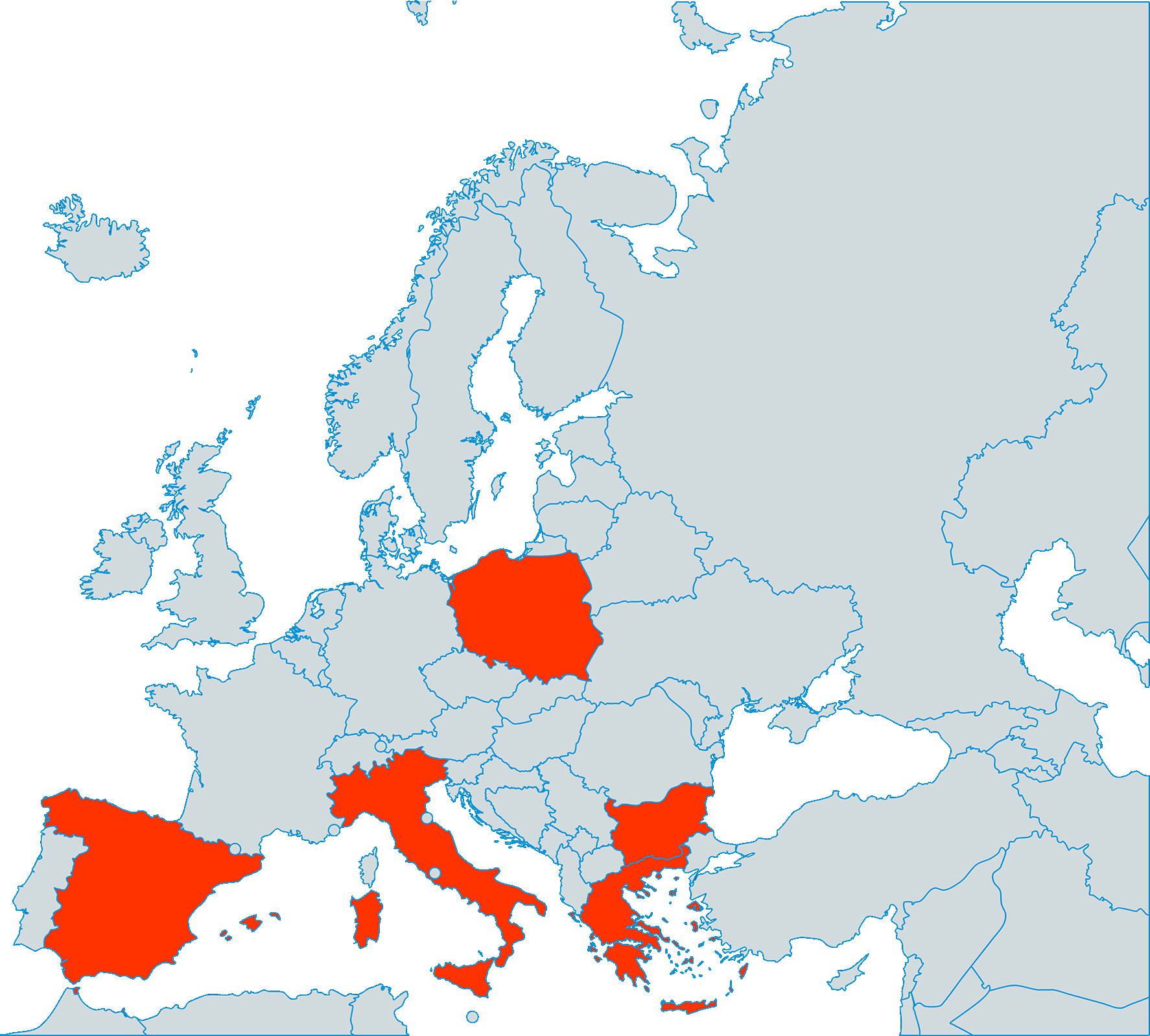
INDACO
Digital innovation for trentino e-commerce
Call for trentino e-commerce platform
INFORMATION

The Indaco project aims to promote the competitiveness of companies in Trentino Region by creating value at the local, social, and economic levels while easing their entry into the world of e-commerce. The main outcome of the project is the creation of an innovative and user-friendly e-commerce platform for everyone. Indaco caters to all actors present in the territory, from micro-businesses to larger enterprises, and can be customized and adapted to the different needs of its users.
Objectives:
- Facilitate the integration and participation of Trentino companies in online commerce, both locally and globally.
- Enhance the entire Trentino supply chain, at both local and international levels.
- Increase competitiveness on the local and global scale.
- Creation of a Trentino e-commerce platform.
- Development of a specific version of the platform for small businesses.
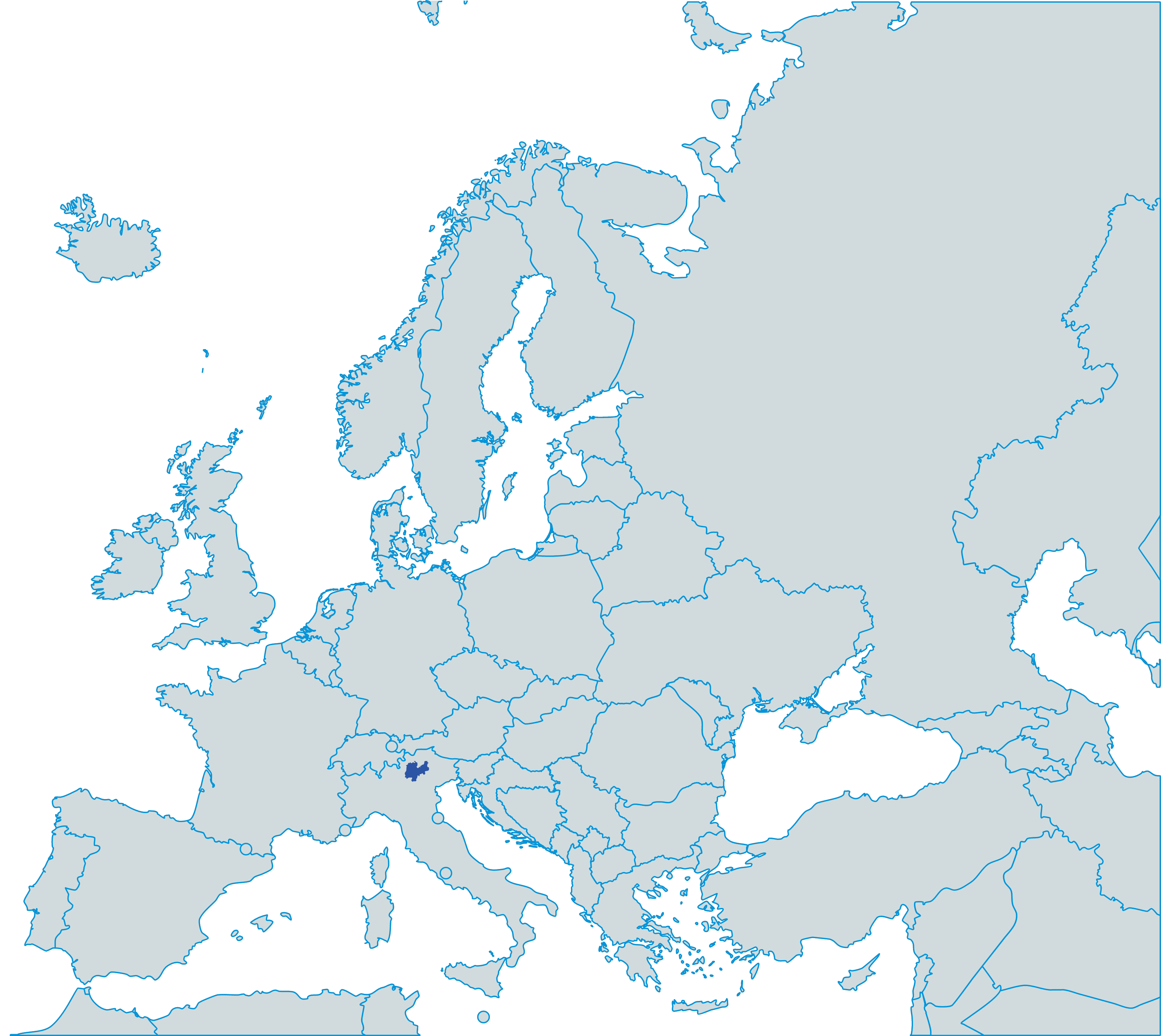
Work@ble
Digital job coaching for disadvantaged people
PROGRAMME: Erasmus+
SECTOR: Professional education
INFORMATION
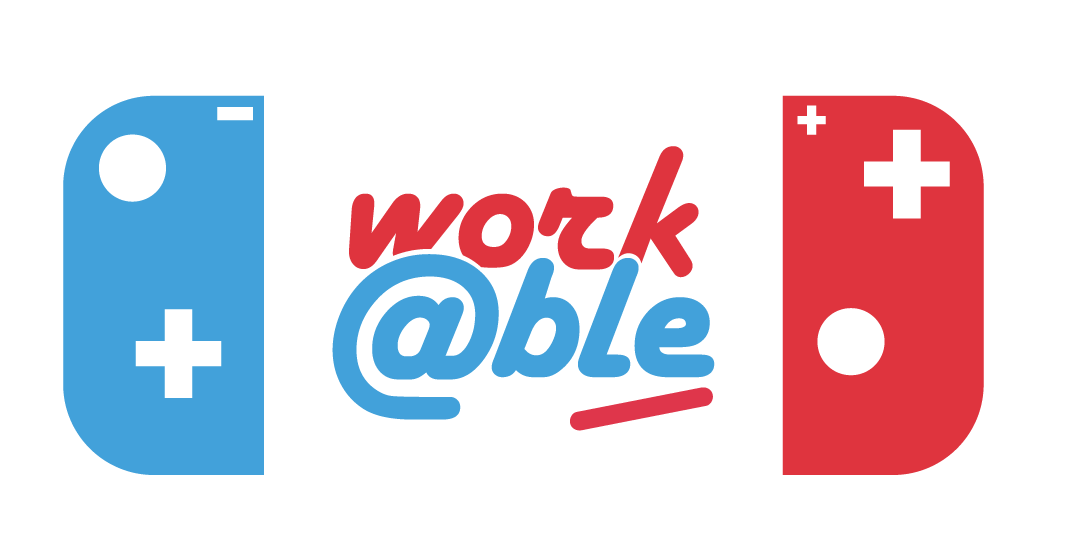
The Work@ble project aims to address the effects of the COVID-19 pandemic on the labor market, particularly impacting individuals with mental disabilities or Specific Learning Disorders (SLD), through digital training. The project aims to enhance the digital skills of educators and job coaches who support individuals with disabilities in accessing the labor market and the process of social integration, in order to improve their services and provide new opportunities through digitalization.
The objectives of the project are:
- Enhance the digital skills of educators and job coaches through online training.
- Provide digital tools and methodologies to support mentoring and job coaching services.
- Facilitate access to online services for people with disabilities.
- Support social inclusion and access to the labor market for people with disabilities.
- Help individuals with disabilities overcome difficulties related to job search and social integration following the COVID-19 pandemic.
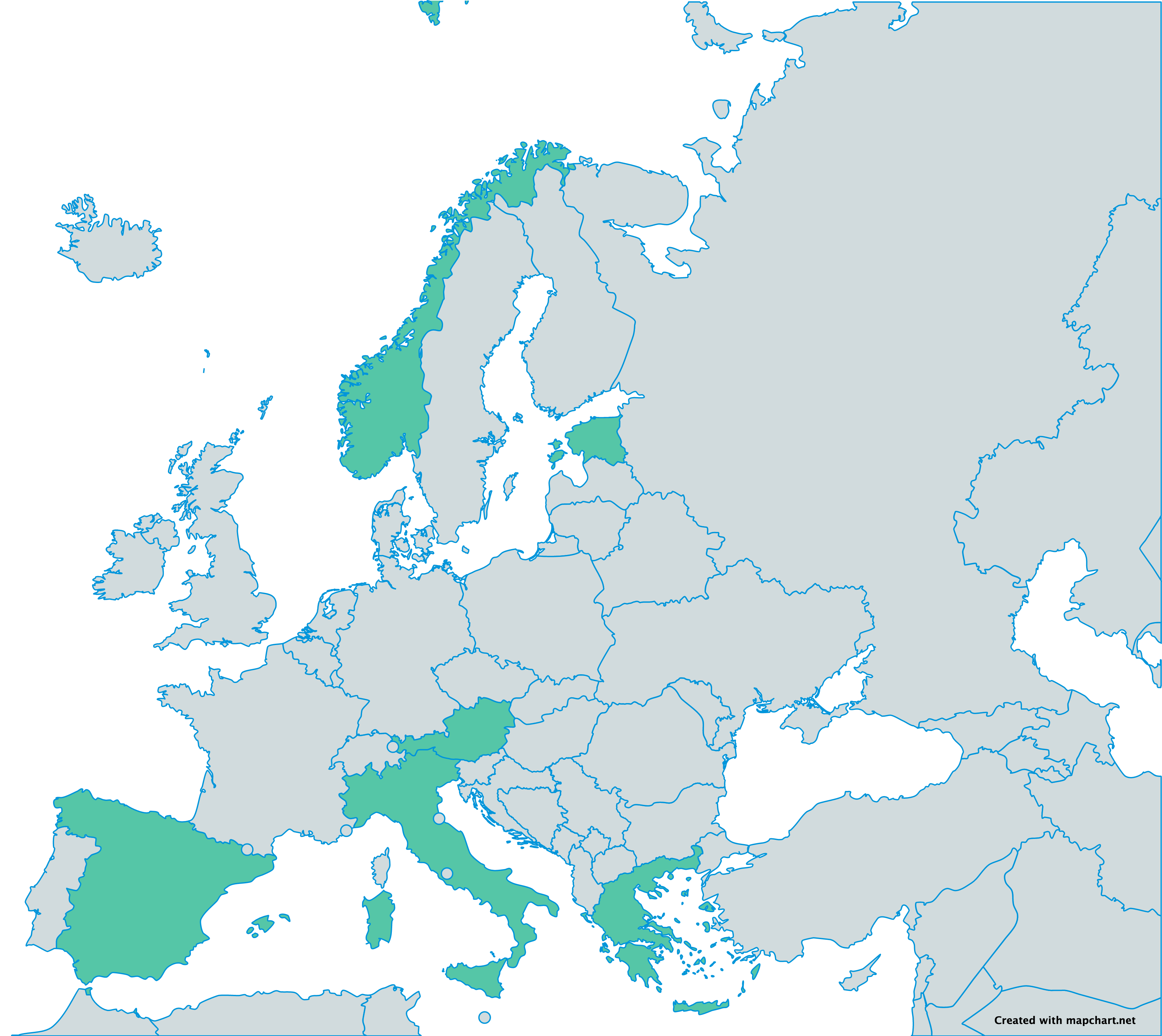
Vitalise
Virtual healTh And weLlbeing Living Lab InfraStructurE
PROGRAMME: H2020
SECTOR: Research and Innovation – Health
INFORMATION
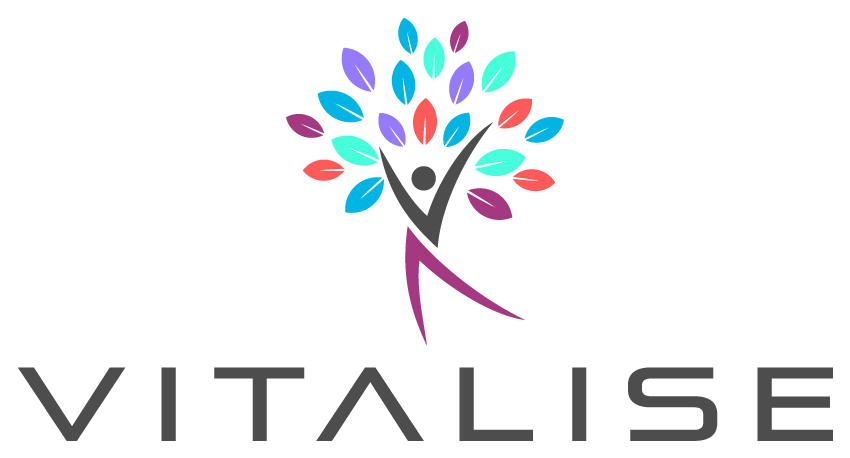
VITALISE is a European project funded through the H2020 program that focuses on promoting Living Labs as functional infrastructures for research activities in the field of health and well-being. Seventeen Living Labs across Europe are involved in implementing and using ICT tools developed by the project to enable shared access to similar devices and applications used in the Living Labs, as well as the collection, storage, and sharing of data sets.
The objectives of the project are:
- Enable transnational access to various research infrastructures in different European countries (Living Labs).
- Support remote digital access to rehabilitation, transitional care, and activities of daily living data sets through common tools and harmonized processes.
- Enhance understanding and valorization of Living Lab methodologies as a support tool for research activities in the field of health and well-being.
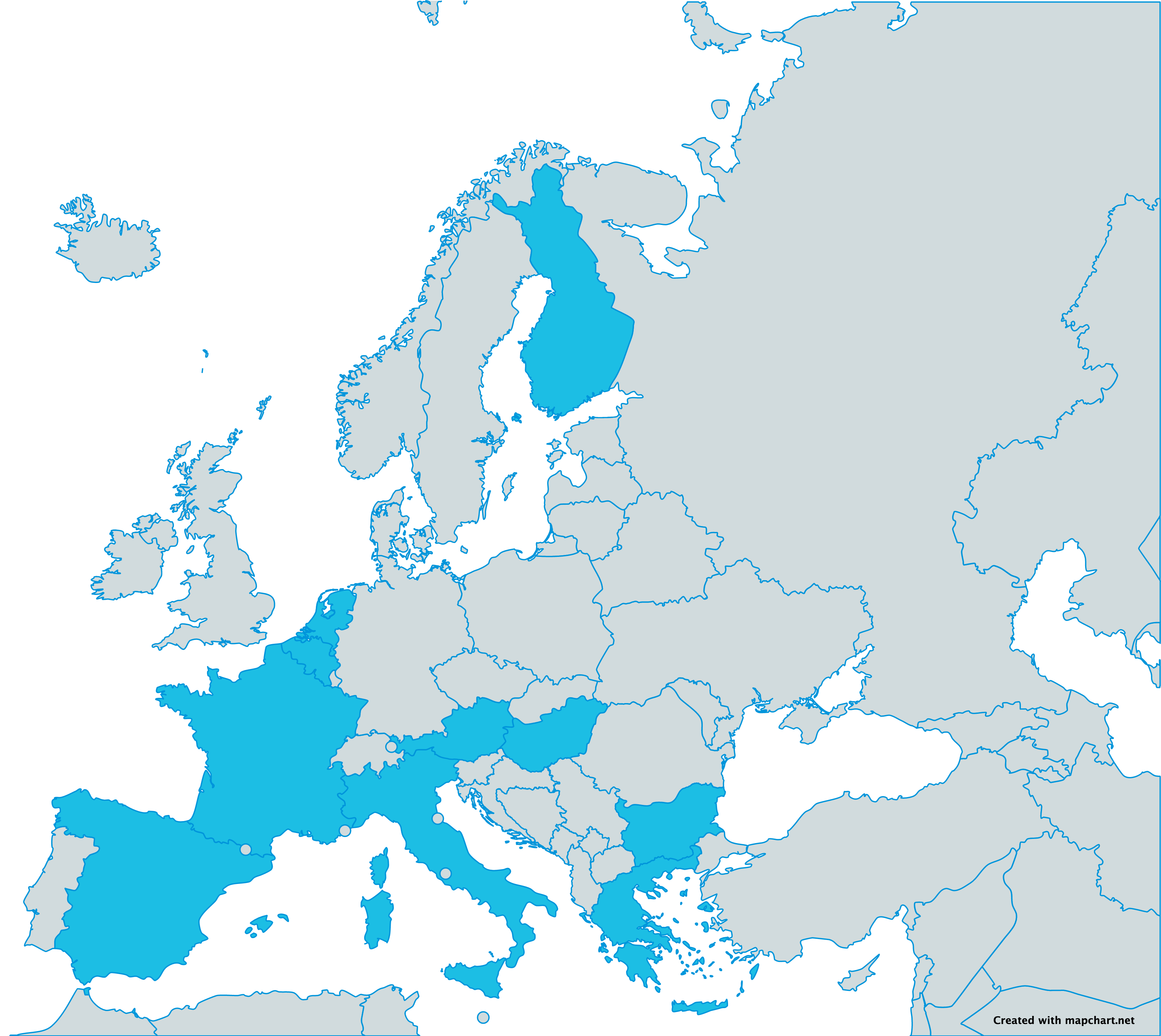
INTenSE
Improving demeNtia care Through Self-Experience
PROGRAMME: Erasmus+
SECTOR: Professional education
INFORMATION
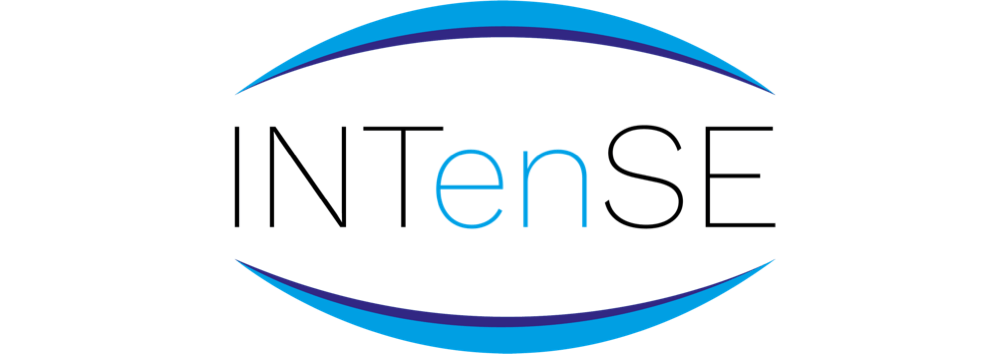
The INTenSE project aims to contribute to the vocational training of healthcare professionals who work with people with dementia through the development of innovative methodologies supported by technological tools. In particular, the project aims to promote the “self-experience” methodology to allow professionals to empathize with their patients and better understand their symptoms and perceptions. Through ICT tools and a collection of successful self-experience practices at the European level, professionals will be trained to enhance their ability to explore the lived experience of people with dementia.
The objectives of the project are:
- Promote the exchange of knowledge and best practices at the European level regarding self-experience methodologies to support care activities for people with dementia.
- Enhance the professional skills of healthcare professionals working with people with dementia.
- Improve the levels of care and assistance for people with dementia through a better understanding of their lived experience.
- Promote digital skills of healthcare professionals through the development of a web platform.
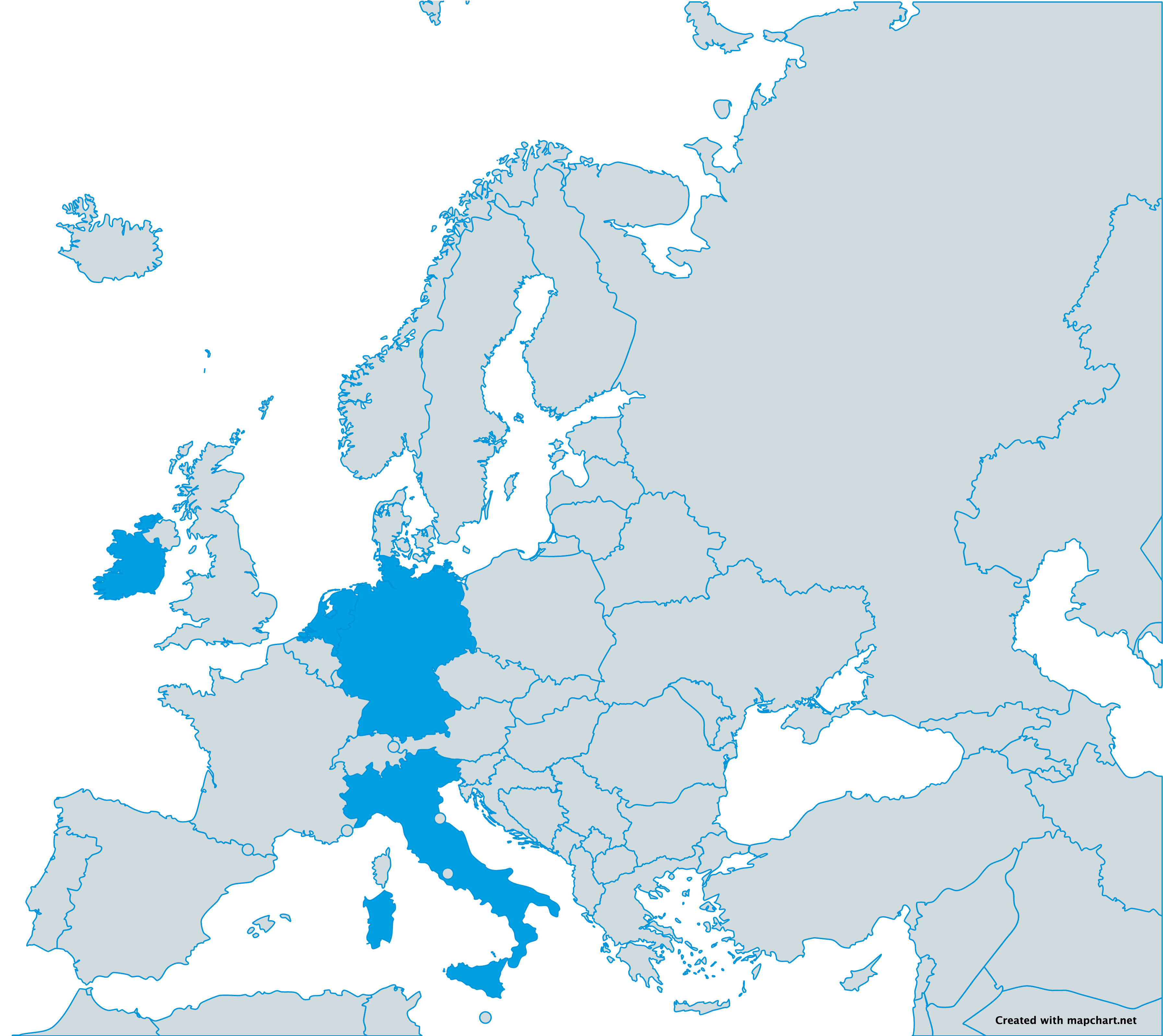
TOGeThER
TechnolOgy and social housinG in support of fRagility
FINANCING ENTITY: Fondazione Caritro
SECTOR: ICT and Social Housing
INFORMATION
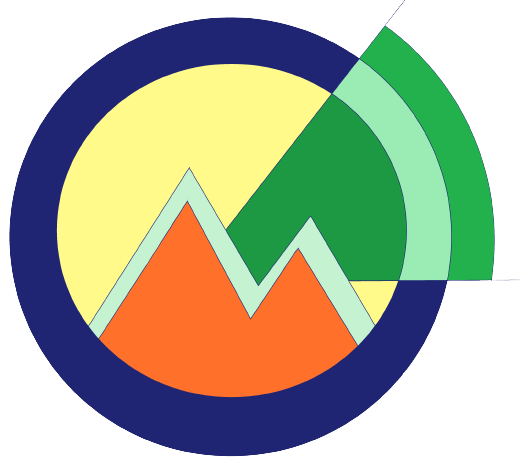
The TOGeThER project aims to support the autonomy and independence of people with cognitive, physical and social frailty through technology. In particular, it aims to combine the concept of “social housing,” or an emerging housing concept that integrates autonomy enabling pathways and the active involvement of community networks to counter the social isolation of people with frailty, and innovative assistive technologies. The project aims to enable people with frailty to remain independent for longer, ensuring their health and safety with an innovative home care model.
Project goals:
- Develop an innovative integrated model that combines social housing with ICT technologies;
- Foster the autonomy and independence of people with frailty by ensuring their health and safety and avoiding social isolation;
- Reduce the burden of care services by fostering the development of a home care model that ensures an excellent quality of life.
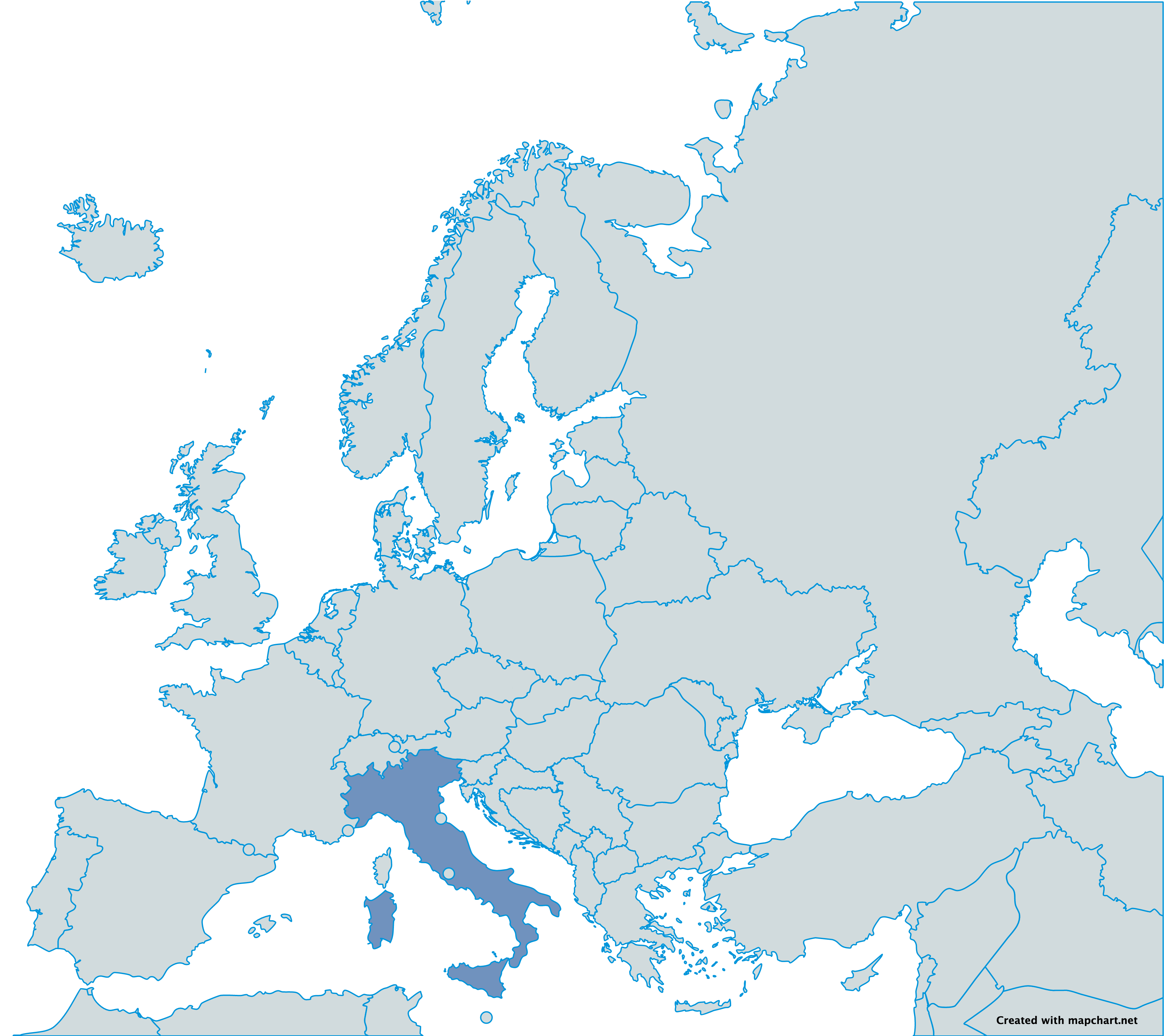
IPA 2
Inclusion of People with Autism in Europe
PROGRAMME: Erasmus+
SECTOR: School education
INFORMATION
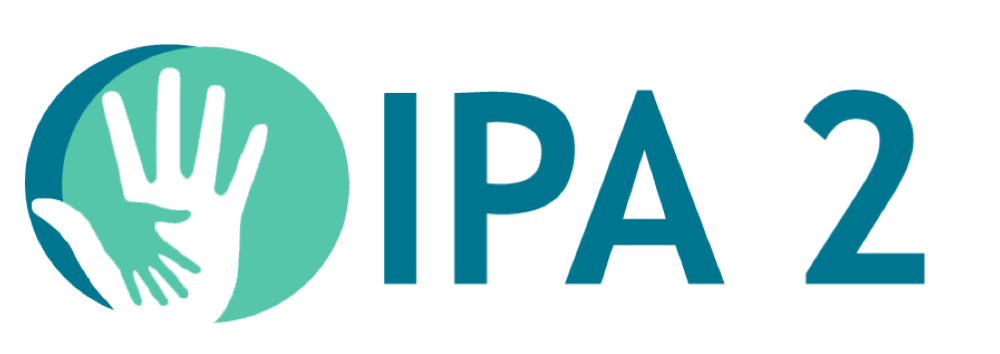
The Erasmus+ IPA2 project is a continuation of the IPA+ project to train primary and secondary school teachers working with students with Specific Learning Disorders (SLD). IPA2 aims to engage teachers, children with autism, and their peers to decrease the vulnerability of students with ASD in the transition between primary and secondary school and create a peaceful and accessible school environment.
The goals of the project:
- To provide innovative training methodologies for teachers to improve communication strategies with students with ASD and their academic performance;
- Support students with ASD in coping with problems and symptoms of anxiety and stress associated with school;
- Preventing school dropout of students with ASD especially in the transition between primary and secondary school;
- Promote the social inclusion of students with ASD in the school setting and improve relationships with classmates.
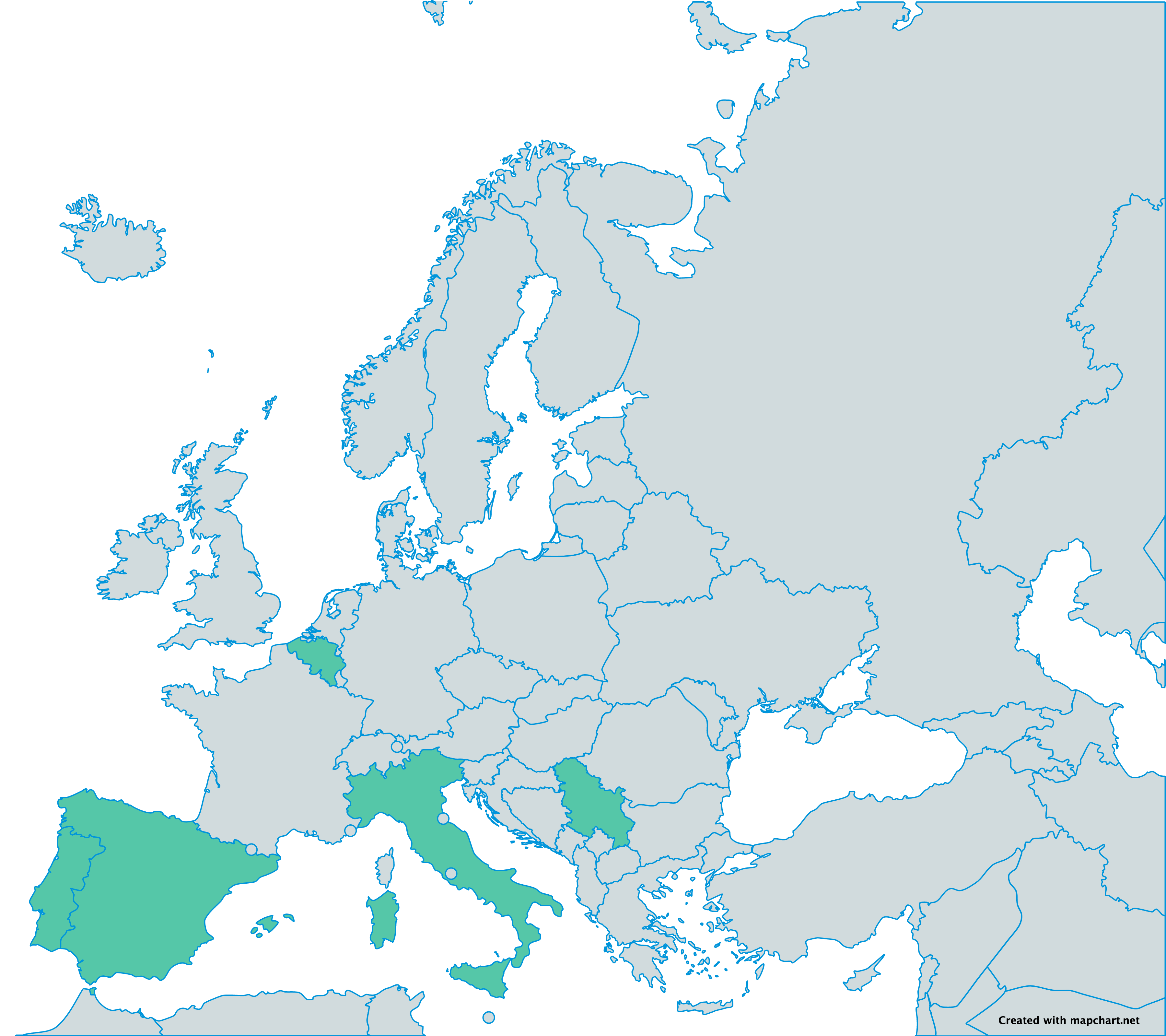
MIND INCLUSION 2.0
PROGRAMME: Erasmus+
SECTOR: Education
INFORMATION
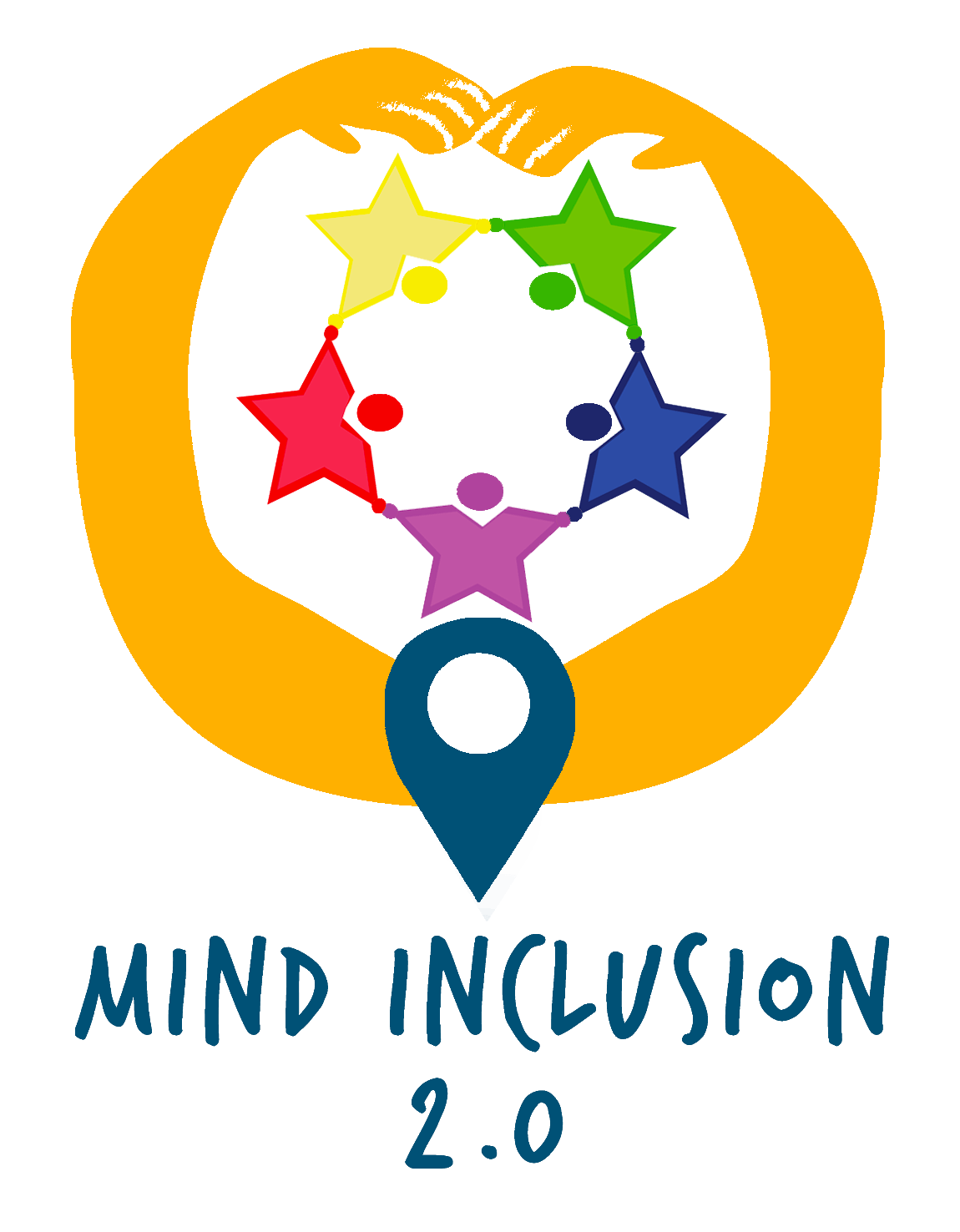
Mind Inclusion 2.0 is a European project funded under the Erasmus+ training and education program. The project promotes at the European level the need to support the development of innovative training methodologies for the professional skills development of educators working with people with intellectual disabilities. Mind Inclusion 2.0 aims to develop, through the participatory approach of co-design, a digital tool and facilitation methodology to support practitioners in fostering the social inclusion of people with intellectual disabilities. The digital platform will enable people with intellectual disabilities to obtain information about the public places in their city that are most attentive and equipped to meet their needs.
The goals of the project:
- Support the training of professionals working with people with mental disabilities through new methodologies and the use of ICT tools;
- Foster the social inclusion of people with mental disabilities through a participatory approach;
- Develop a digital tool to make certain public and social places more accessible to people with mental disabilities;
- Foster European-level cooperation and exchange of experience and knowledge among organizations working with people with mental disabilities;
- Increase awareness at the societal level of the needs of people with mental disabilities and increase social activities more inclusive
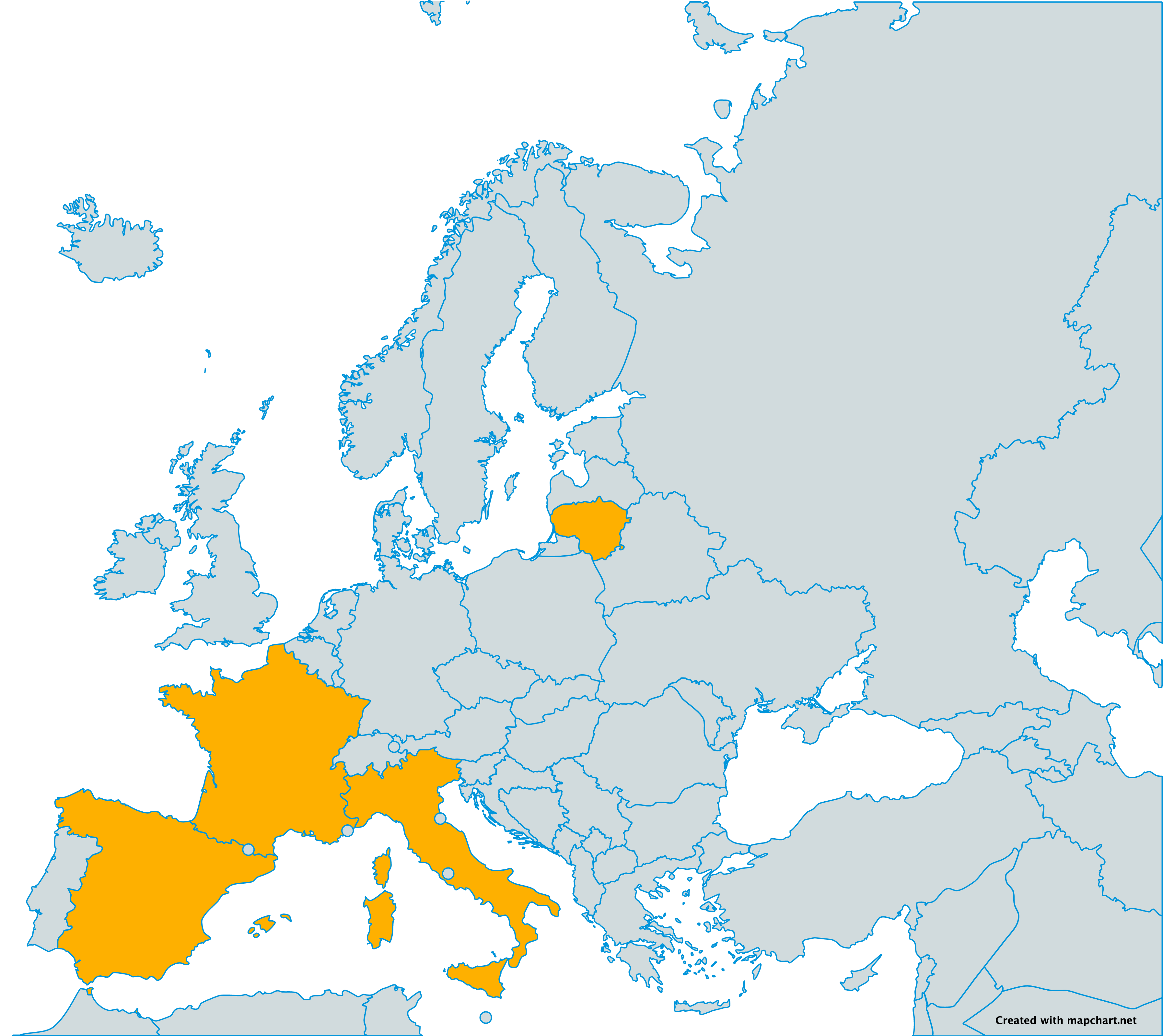
CAPTAIN
Coach Assistant via Projected and Tangible Interface
PROGRAMME: H2020
SECTOR: Research and Innovation – Health
INFORMATION
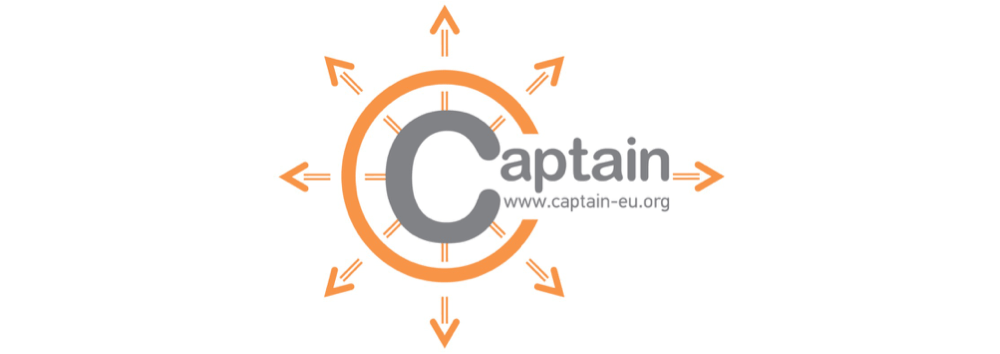
CAPTAIN is a European project funded under the H2020 Framework Program for Research and Innovation to develop ICT solutions to support active aging and independent living. The project aims to implement a virtual assistant to support the elderly in daily life within their home environment.
The objectives of the project:
- To realize a “smart” home environment to ensure greater safety for the elderly people in carrying out daily activities;
- Compensate for the elderly’s physical and mental difficulties through user-friendly and non-invasive technology;
- Enable the elderly people to live independently while ensuring their safety and provide assistance and guidance for an optimal quality of life.
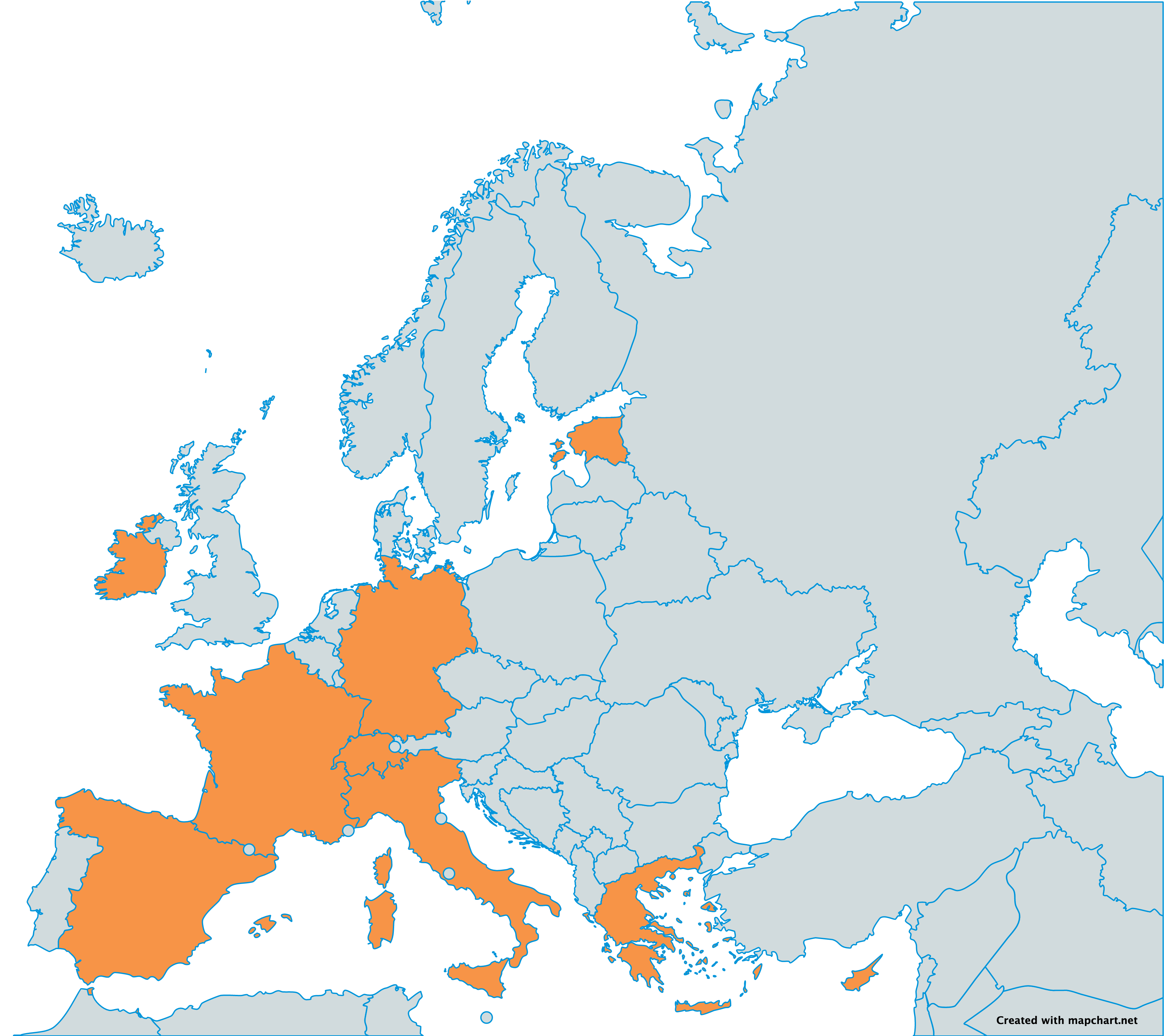
UNCAP
Ubiquitous iNteroperable Care for Ageing People
PROGRAMME: H2020
SECTOR: Research and Innovation – Health
INFORMATION

UNCAP is a research and development project that aims to support active and independent aging through the support of technology. Specifically, it wants to develop an ICT infrastructure that will support elderly users in performing daily activities safely and improving their lifestyles.
The objectives of the project:
- Improve the effectiveness of assessment processes during hospital stay to provide better health care;
- Support elderly home care and prevention of cognitive impairment;
- Foster the autonomy and independence of elderly people with cognitive impairment by ensuring safety and improving quality of life.
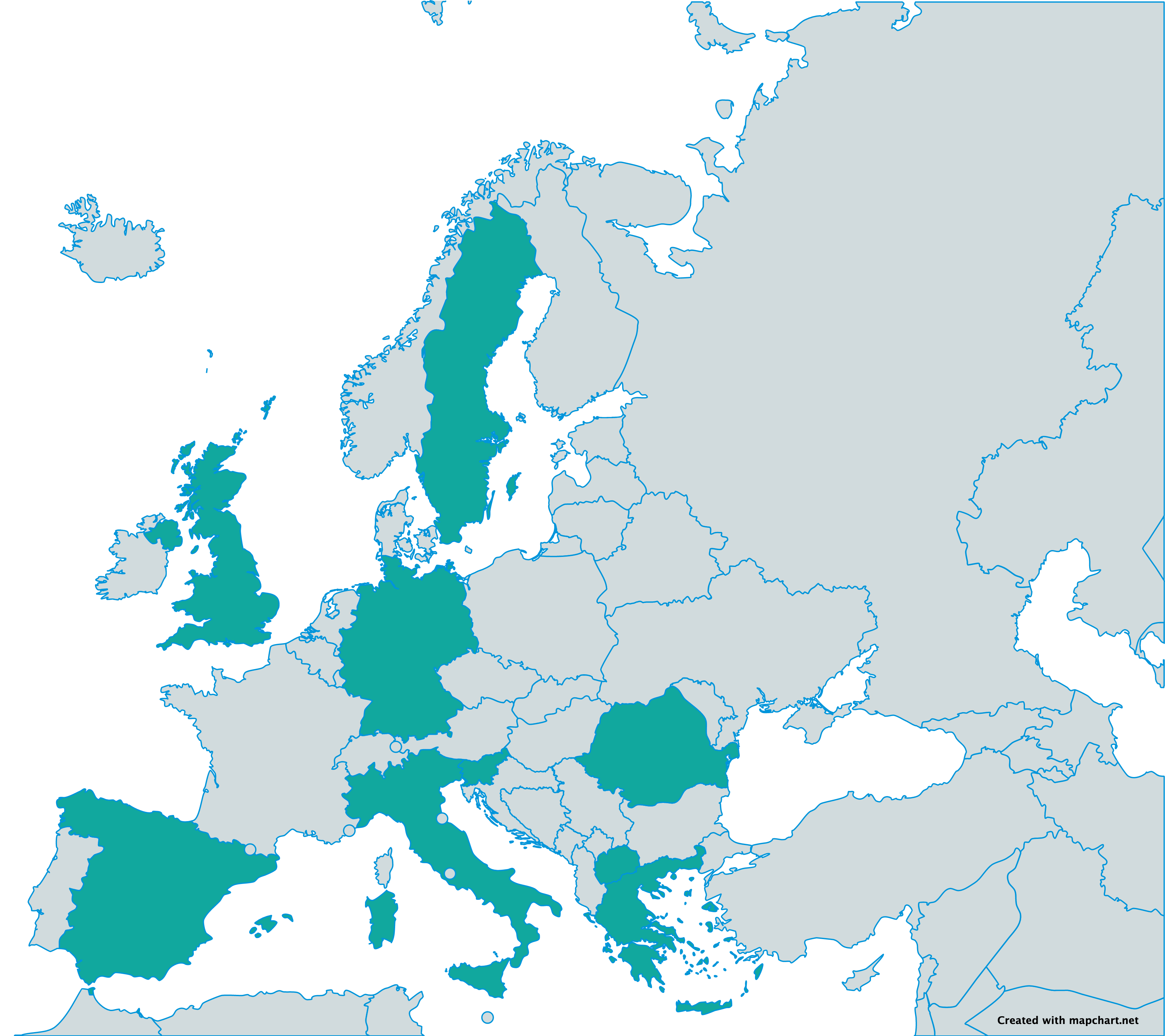
SISTEMA CHESS
Child Evaluation Support System
SECTOR: Youth policy
INFORMATION
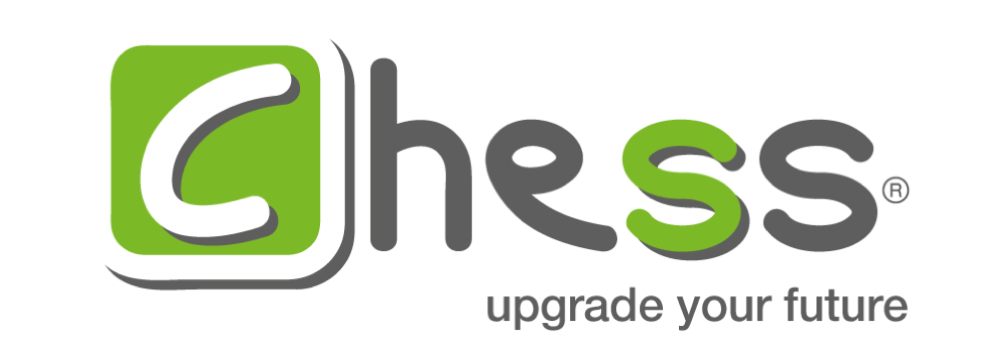
The CHESS Project aims to develop an ICT tool to support educators in evaluating the educational outcomes of the pre-school children. The system provides educators with the elements for a comprehensive assessment useful for improving and optimizing educational intervention according to the child’s already acquired skills.
The objectives of the project:
- To increase educators’ skills in structuring the educational program of pre-school children;
- Improve the evaluation of educational outcomes;
- Develop targeted educational programs according to each child’s development.


